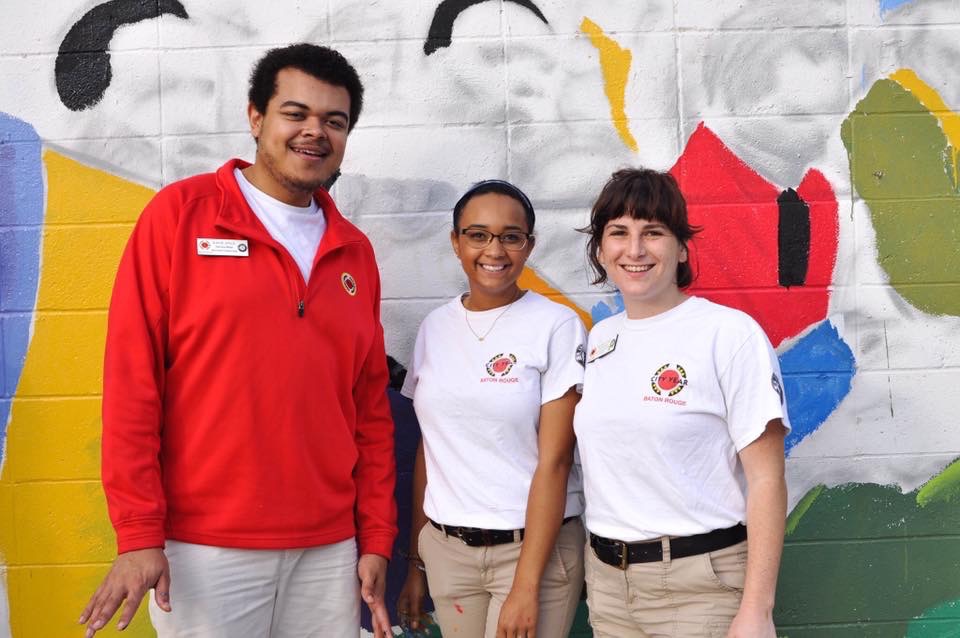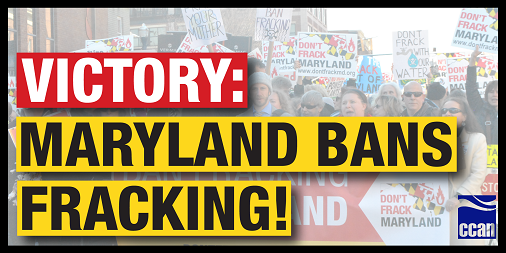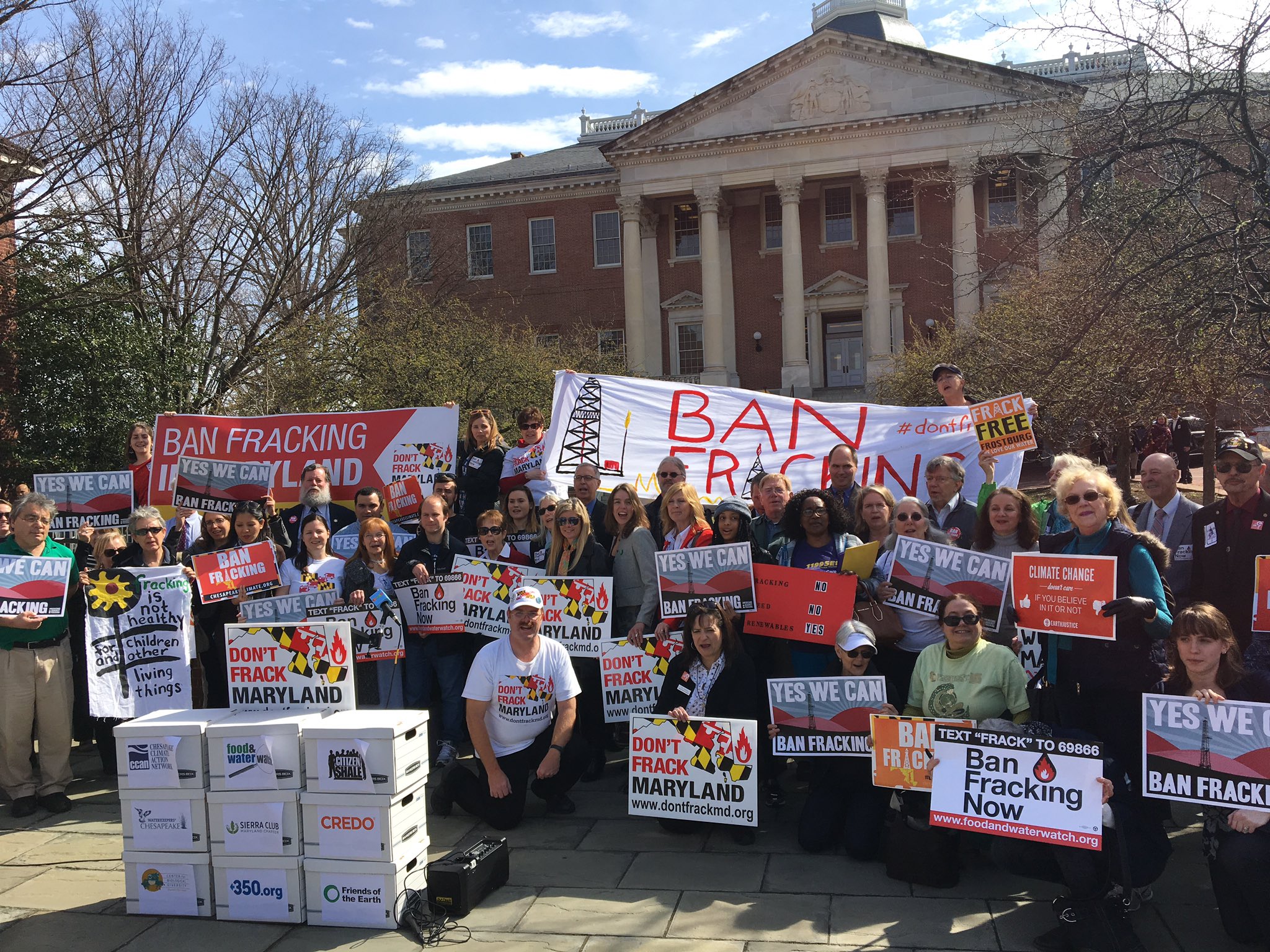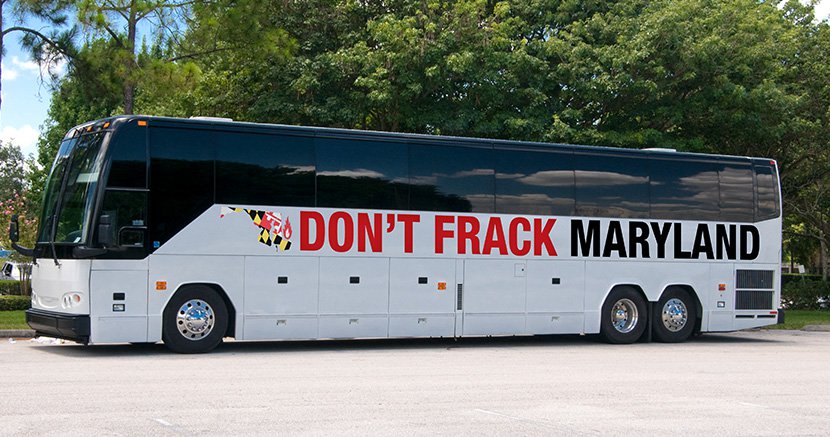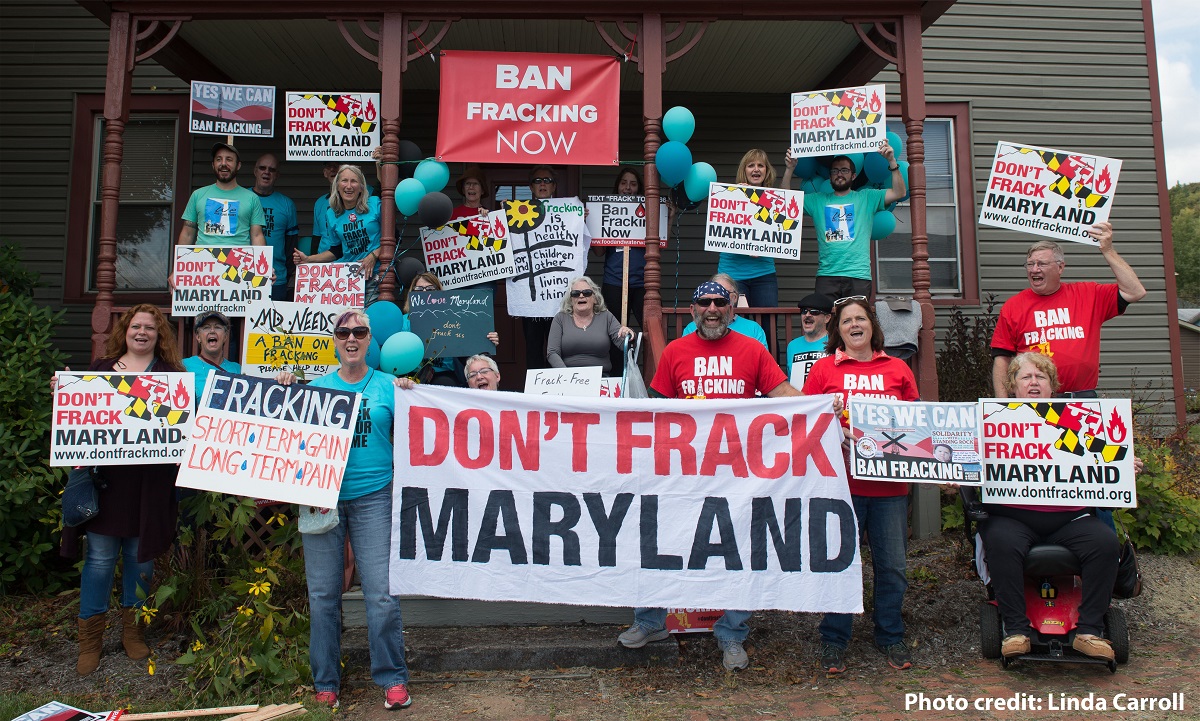Hannah Laub is CCAN’s Virginia Grassroots Coordinator. Here’s her story.
Tell us a little bit about yourself!
Hi there! I was born in raised in Charlottesville, Virginia. I left VA for the first time when I went to Kenyon College in Ohio, where I studied Sociology and Studio Art. After college, I did two years of Americorps – first in Baton Rouge, Louisiana, and then in Seattle, Washington. About a year ago, I came back to Virginia and am happy to be back in the place I call home.
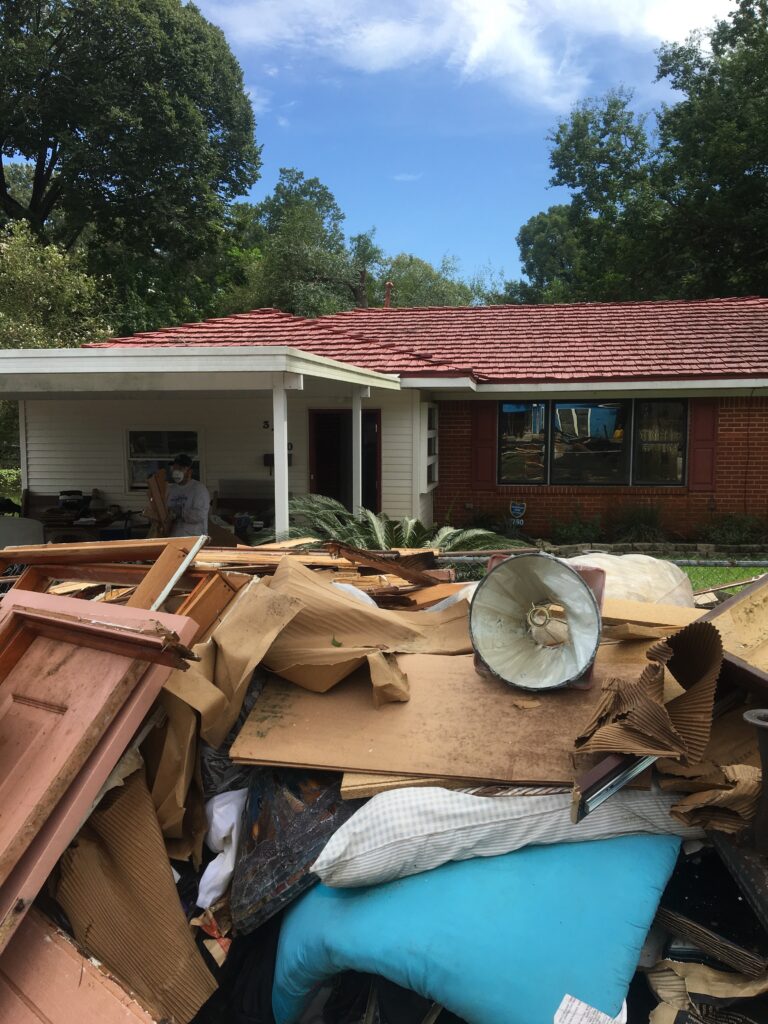
What woke you up to the climate crisis?
I went to Baton Rouge in 2016, when Louisiana experienced unprecedented flooding. I worked in a middle school, and our students were out for a week because the flooding caused destruction throughout the city. People lost their homes, businesses, and cars. Some had relocated to Baton Rouge from New Orleans after Hurricane Katrina, only to face the impact of climate change all over again. I spent that week gutting out people’s homes and working at donation centers, and even when students were back at school, the flood’s devastation lingered. It was shocking to see the impact three days of rain had on an entire community, and specifically how it impacted my students’ chances to have a happy, healthy school year.
What impacts of climate change currently hit home to you?
For me, the way climate change impacts public health really hits home. The air we breathe and the water we drink have a real impact on our health, and low-income communities are hit the hardest with these problems.
What brought you to CCAN?
I love CCAN’s concentration on justice and their belief in the power of grassroots resistance.
What has inspired you most working with CCAN?
The people! It really gives me hope to see the way CCANers advocate for our communities and the meaningful connections they make.

What have you contributed to bringing about a clean energy revolution that youare most proud of?
I just joined CCAN, so this answer will evolve. But for my previous job, I registered high school students to vote and helped them conduct get out the vote campaigns in their schools. So many of the students I worked with passionately cared about climate change. (That was truly the #1 issue students consistently brought up!) I’m hoping that by getting them more civically engaged, they will become lifetime advocates for climate justice.
What do you hope to see happen in terms of climate in the next year?
I hope that the pipelines continue to meet resistance and eventually stop construction. I also hope VA comes closer to adopting a clean energy policy, because we could be doing a lot better.
What do you like to do when you’re not working on climate change?
I love all things outdoors – hiking, swimming, just hanging out outside! I also try to stay active and make time to be creative by watercoloring and doing embroidery. I love spending time with friends and family, but my true love is eating.
Who would you high five?
Edward Scissorhands


